Keywords: Infrastructure
There are more than 200 results, only the first 200 are displayed here.
-
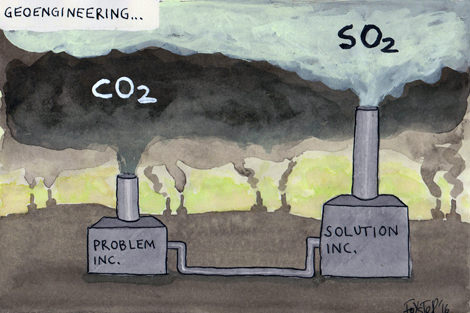
ENVIRONMENT
- Greg Foyster
- 14 April 2016
10 Comments
Geoengineering means intervening in the Earth's climate to offset global warming. It's hacking the planet on a monumental scale. The most widely studied proposal is spraying sulphate particles into the upper atmosphere to reflect sunlight, cooling the planet. The idea comes from huge volcanic eruptions, which can blast millions of tonnes of sulphur into the stratosphere, creating a kind of chemical sunshade. After decades of being taboo, this outlandish scheme is now being taken seriously.
READ MORE 
-

AUSTRALIA
- Fatima Measham
- 01 April 2016
For victims and survivors, the royal commission report into family violence comes as catharsis. For activists and advocates, it is vindication. Perpetrators thrive on impunity. Impunity is built on uncertainty of punishment, cultures of silence, victim-blaming and perceived collusion with figures of authority. Dismantling this is central to violence prevention and ensuring the safety of women and children in the home. The royal commission addresses this goal across 227 recommendations.
READ MORE 
-
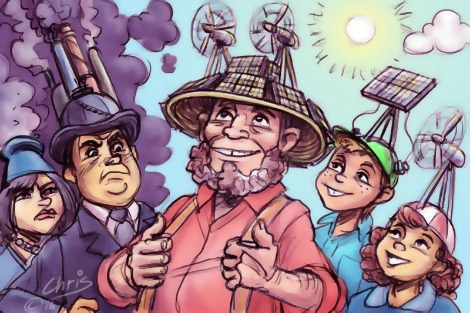
AUSTRALIA
- Ketan Joshi
- 17 February 2016
7 Comments
A government campaign declares 'we've always been good at having ideas. Now we need to get better at innovation: turning ideas into successful products and services.' The message is that we are on the brink of a technological revolution, driven by government. But really we've some way to go. As we have seen with wind turbines, the communities that host new technologies can react with anger and fear. If they are left out of the process, visions of grand, sweeping change can be undermined.
READ MORE 
-
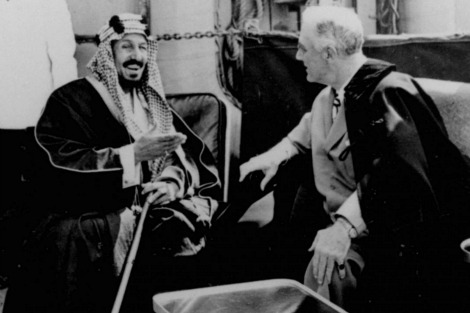
ECONOMICS
- David James
- 15 December 2015
3 Comments
In the early 1990s, America, Europe and Japan accounted for about 90 per cent of world GDP. Now, they account for less than half. The BRICs and other developing nations have grown steadily (in China's case spectacularly) while Europe has stagnated and America has sputtered at best. Recent developments in the geopolitics of fossil fuels and in finance confirm the perception that the rise of China and the developing world spells the end of US global hegemony. Against this backdrop, the narrative of the West has grown increasingly incoherent.
READ MORE 
-
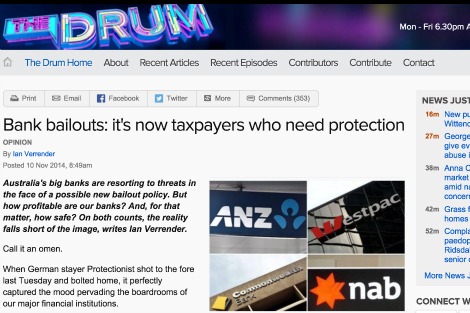
AUSTRALIA
- Justin Glyn
- 14 December 2015
4 Comments
There is a new proposal from Prime Minister Malcolm Turnbull that those convicted of terrorism offences are to be remanded in jail even after they finish serving their sentences. Given that the pressing of terrorism charges has already proven to be a highly subjective practice, there is good reason to fear that any new powers to detain people beyond the expiration of their sentences for terrorism offences will, like the offences themselves, be applied in a politically selective manner.
READ MORE 
-

AUSTRALIA
- Jeff Sparrow
- 02 December 2015
7 Comments
For many years, historian Gary Foley has drawn attention to the racist past inscribed throughout the infrastructure of Melbourne University. Now, some staff and students are campaigning to rename facilities linked to particularly egregious individuals, such as the Richard Berry building, named after a leading eugenicist who stole the corpses of Indigenous people for research designed to prove the racial superiority of whites. While some accuse the campaigners of politically correct censorship, in fact the past has already been censored, and the campaigners are dragging it back into the light.
READ MORE 
-
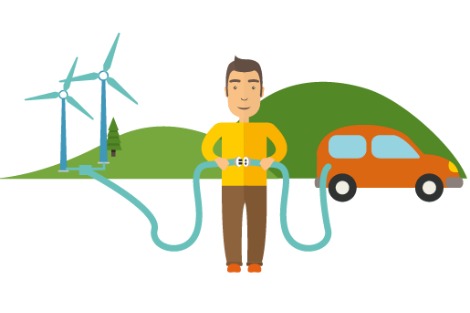
ENVIRONMENT
- Fatima Measham
- 11 November 2015
6 Comments
The UN Climate Change Conference in Paris is set to become the last opportunity for meaningful global action. The signs so far bear optimism, as the impetus for a binding international agreement to tackle the severity and effects of climate change has taken a turn. In order to better understand why, and appreciate the difference that a few years can make, it is worth revisiting why Copenhagen was such a disaster. The most meaningful difference between then and now involves leaders.
READ MORE 
-

ENVIRONMENT
- Nicholas Low
- 04 November 2015
20 Comments
Environmental justice will be part of the discussion in Paris this month. The principle of justice says each person is of equal value no matter which nation or ethnic group they belong to. Each Australian contributes 16 tonnes of carbon dioxide per year, while each Bangladeshi contributes a little more than a third of a tonne. If the principle of justice is applied, Australia will have to move from 16 tonnes per person to about a third of a tonne, roughly equivalent to what a Bangladeshi emits now.
READ MORE 
-

AUSTRALIA
- Paul Jensen
- 21 September 2015
5 Comments
Malcolm Turnbull's main justification for challenging Tony Abbott was that the former PM was not capable of providing the economic leadership the nation needs. Abbott's leadership style emphasised strength rather than consultation, which is what he thought people wanted. What they actually wanted was revealed in a recent survey conducted by Swinburne University.
READ MORE 
-

AUSTRALIA
- Kerry Murphy
- 17 July 2015
7 Comments
How we name someone makes a big difference. Criminals are subject to the criminal justice system. They can access legal aid and the prosecution must prove its case. Whereas terrorists can have their citizenship cancelled under the proposed changes to the Citizenship Act if they are a dual national, even without a conviction.
READ MORE 
-
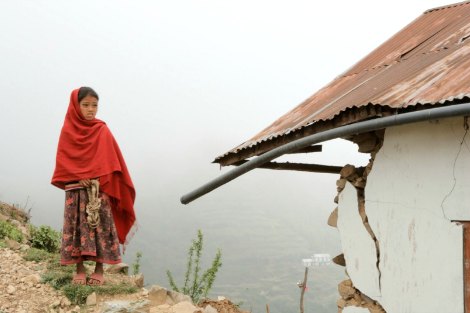
AUSTRALIA
As a kiwi I had grown up with earthquakes. I remember them large, small and intrusive. Awed by their power, I cherished the still that followed. This is what made Nepal’s second major earthquake so different for me. I will never forget the beginning of the 7.3-magnitude quake, but will never recall the end.
READ MORE 
-

AUSTRALIA
- Fatima Measham
- 26 May 2015
16 Comments
Most people think that the effects of climate change as dire but far off. I don't have that comfort. My seafarer father plays a role in generating wealth for miners who then use it as a means to influence politicians - coal, industrial salt, iron ore. I am deeply aware that my government is committed to doing as little as possible to address climate change and its lack of a coherent, internationalist policy in Australia costs countries that are climate change-vulnerable, including where my family lives back in the Philippines.
READ MORE 